Affiliate links on Android Authority may earn us a commission. Learn more.
The most popular phone brands by region — there’s more than just iPhones out there
November 14, 2024
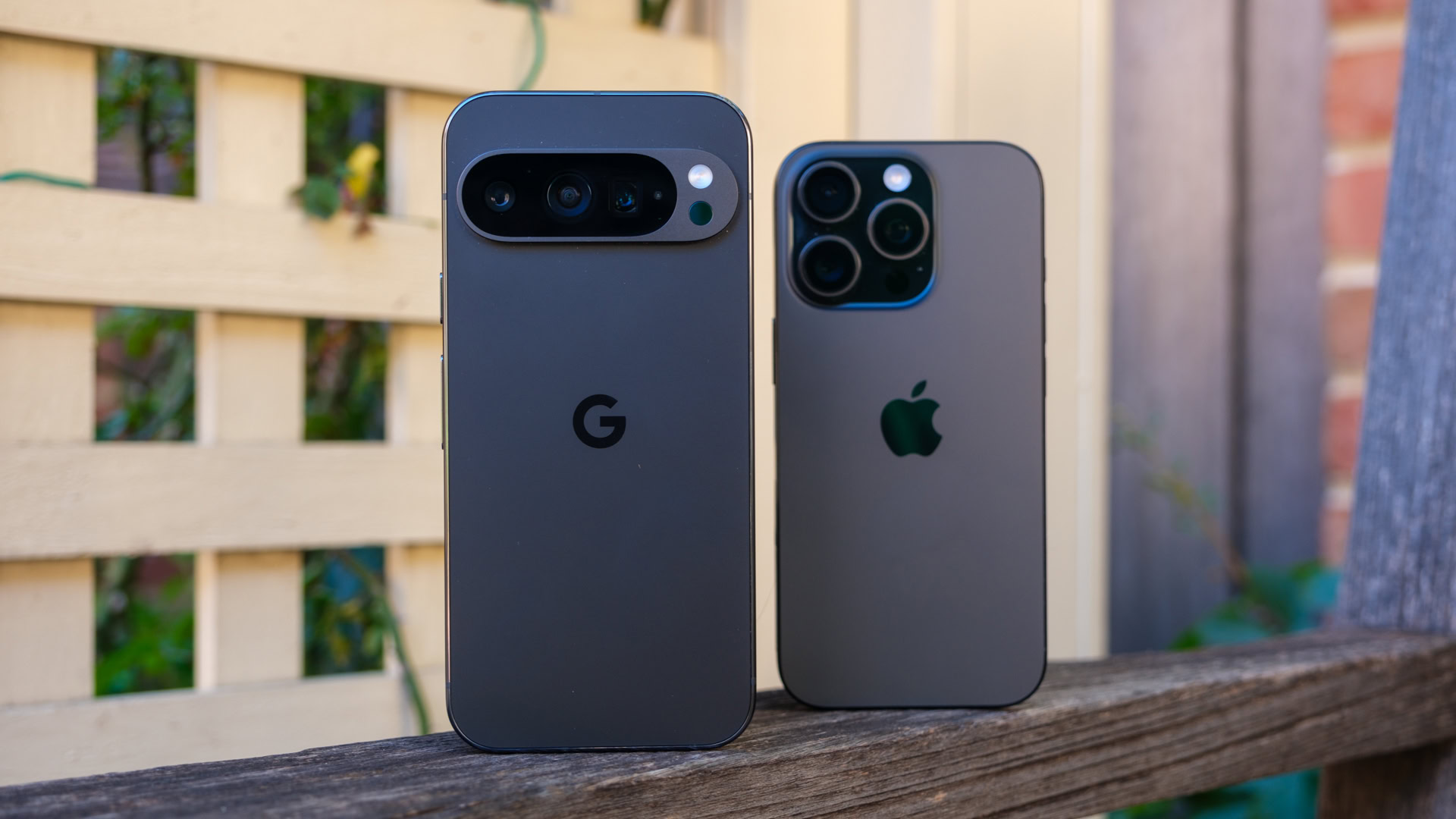
The global smartphone market is dominated by Apple and Samsung. In some countries, these two companies have a combined market share of over 70 percent, with Apple taking more than half the market in some cases.
However, the story is not the same throughout the world. There are more than just iPhones and Galaxies out there, with some countries preferring other, cheaper brands to those more established and expensive ones.
We won’t list data from all countries, but we will go through all the major continents and a few countries from each one to give you an idea of how demand differs by region.
North America
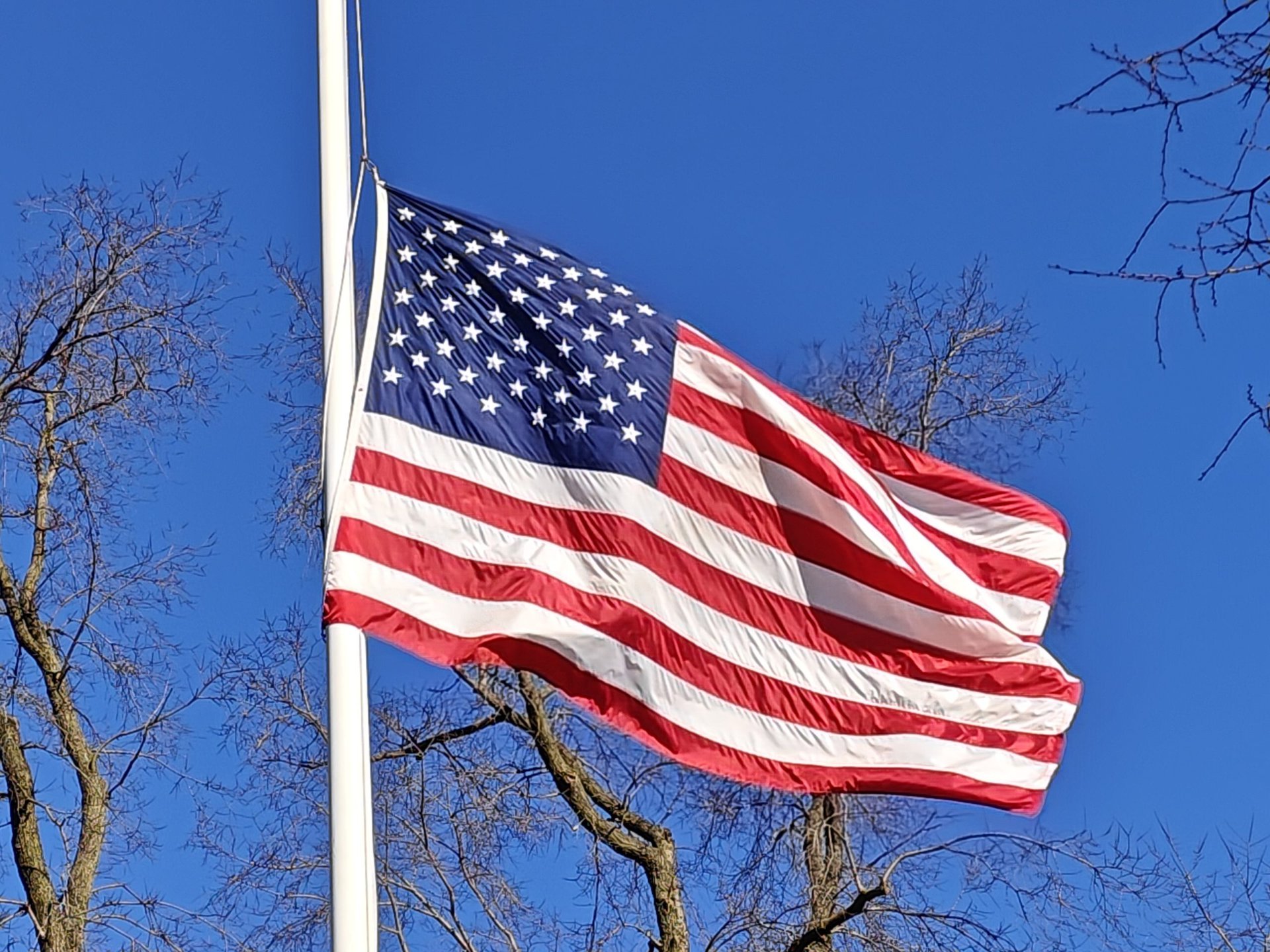
Most popular brands:
- Apple: 51.2%
- Samsung: 23.74%
- Google: 12.9%
- Motorola: 3.2%
- Xiaomi: 1.79%
The North American market is dominated by the US-based Apple, as expected. iPhones make up the majority of sales in the region, which shows people want — and can afford — high-end phones. At least in the US and Canada.
Samsung comes in second thanks to its popular Galaxy S series, various mid-rangers, and budget phones. The latter are likely a bit more popular in other North American regions outside the US and Canada since the company is more interested in pushing its flagships in these two high-income markets.
Consumers in the US and Canada prefer iPhones over everything else.
Looking at the three biggest countries by population in North America, we can see that both the US and Canada prefer iPhones over everything else. While the same is true in Mexico, Apple’s market share is much lower. People do tend to grab phones made by Samsung and even Motorola, which is known for its affordable lineup. Google also shows up on the list of the top three in the US according to Statcounter, although a few other sources put Motorola in its place.
- USA: Apple (51.07%), Samsung (23.77%), Google (14.6%)
- Canada: Apple (60.38%), Samsung (24.23%), Google (6.56%)
- Mexico: Apple (32.16%), Samsung (22.96%), Motorola (13.11%)
Europe

Most popular brands:
- Apple: 36.53%
- Samsung: 31.12%
- Xiaomi: 12.95%
- HUAWEI: 2.82%
- OPPO: 2.36%
The data for the Old Continent paints a different picture than North America’s. While Apple and Samsung are still at the top, the former has a substantially lower market share, while Samsung has a larger one. This may be due to the difference in personal preference between the two regions, although it likely has to do with purchasing power that isn’t as high throughout Europe as it is in the US, for example.
This hypothesis is additionally supported by cheaper phone makers that made this list — Xiaomi, HUAWEI, and OPPO — which attract budget-minded consumers. The source of this data is Statcounter, although other market research companies placed Motorola and HONOR on the list in the last two spots.
The difference in purchasing power is also shown in the data for the three countries below. While in the UK, Apple, with its expensive phones, takes around half the market, in Germany, where the living standard is high but people are known for being a bit more economical with money, Apple’s share is reduced to around 37%. The affordable Xiaomi, on the other hand, grabs a good chunk of the market.
In Spain, which isn’t an economic powerhouse like the UK and Germany, Apple is number three, while Xiaomi takes the top spot. Granted, this isn’t always related to a country’s purchasing power, as personal preference and a brand’s overall presence in a region do play a role.
- UK: Apple (50.81%), Samsung (30.86%), Google (4.55%)
- Germany: Apple (37.01%), Samsung (33.88%), Xiaomi (12%)
- Spain: Xiaomi (28.26%), Samsung (27.09%), Apple (23.48%)
Asia
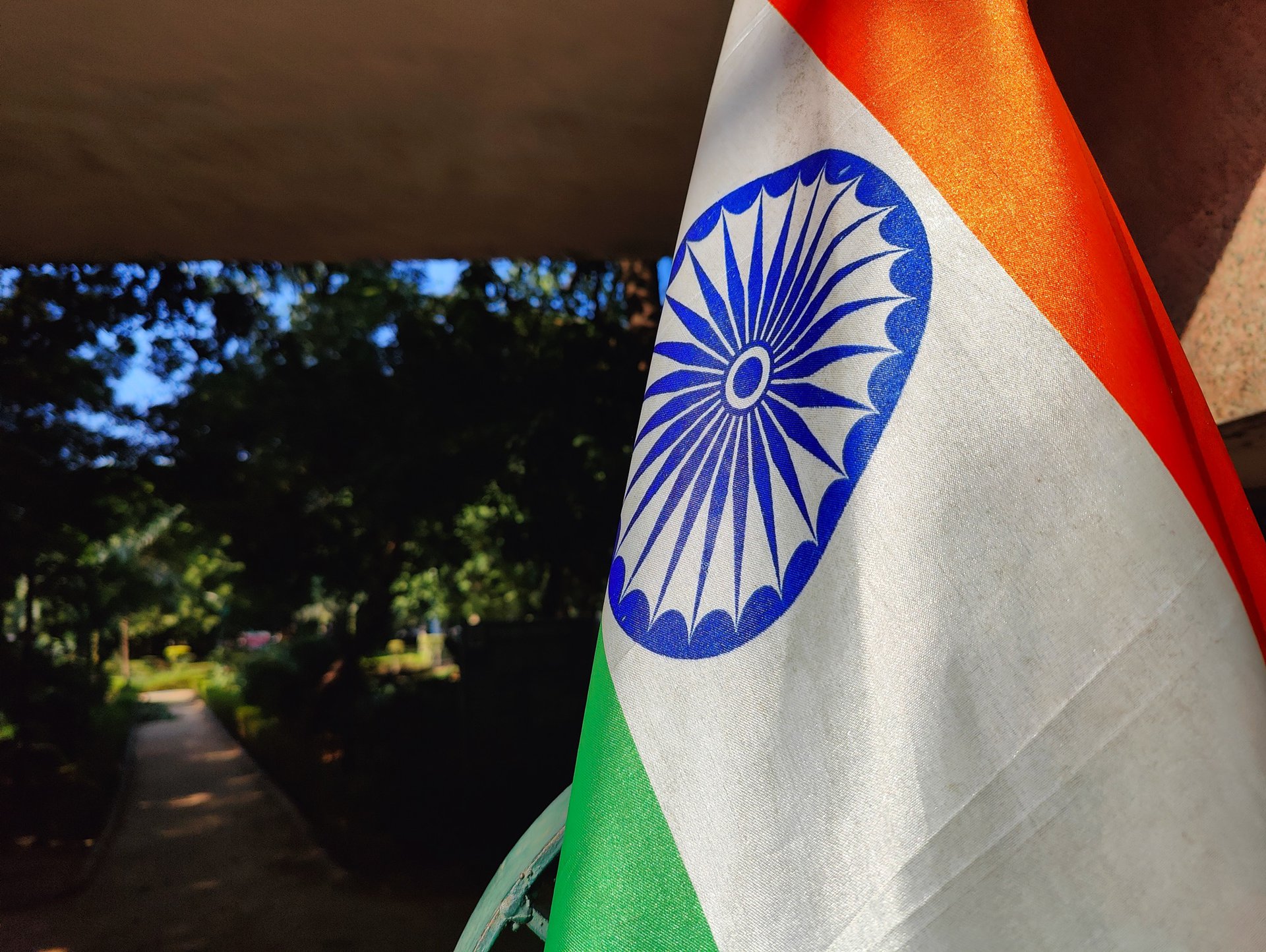
Most popular brands:
- Apple: 17.61%
- Samsung: 17.42%
- Xiaomi: 14.1%
- Vivo: 10.76%
- Oppo: 9.19%
No changes in the top two smartphone players in Asia, but the market shares are very different from what we saw in Europe and North America. Apple holds a tiny lead over Samsung, and both are followed by Chinese brands — Xiaomi, vivo, and OPPO.
In Asia, Japan stands out from the crowd.
Looking at specific countries, Japan stands out from the crowd, with almost 60% of iPhone users. Perhaps this isn’t surprising since the Japanese love technology and prefer the latest and greatest. However, in India, Chinese brands lead the pack, offering more affordable options to consumers, at least according to Statcounter. A few other marker research companies — like Canalys — put Samsung into the top three.
So while Apple is king in Asia overall, every country is a story for itself, with some just preferring cheaper options. Purchasing power always plays a role in this, which is what data usually shows, but there are other things to take into account here, as already mentioned.
- Thailand: Apple (31.09%), Samsung (21.31%), OPPO (13.86%)
- India: Xiaomi (19.31%), vivo (18.63%), Realme (13.93%)
- Japan: Apple (59.18%), Samsung (6.64%), Xiaomi (6.03%)
South America
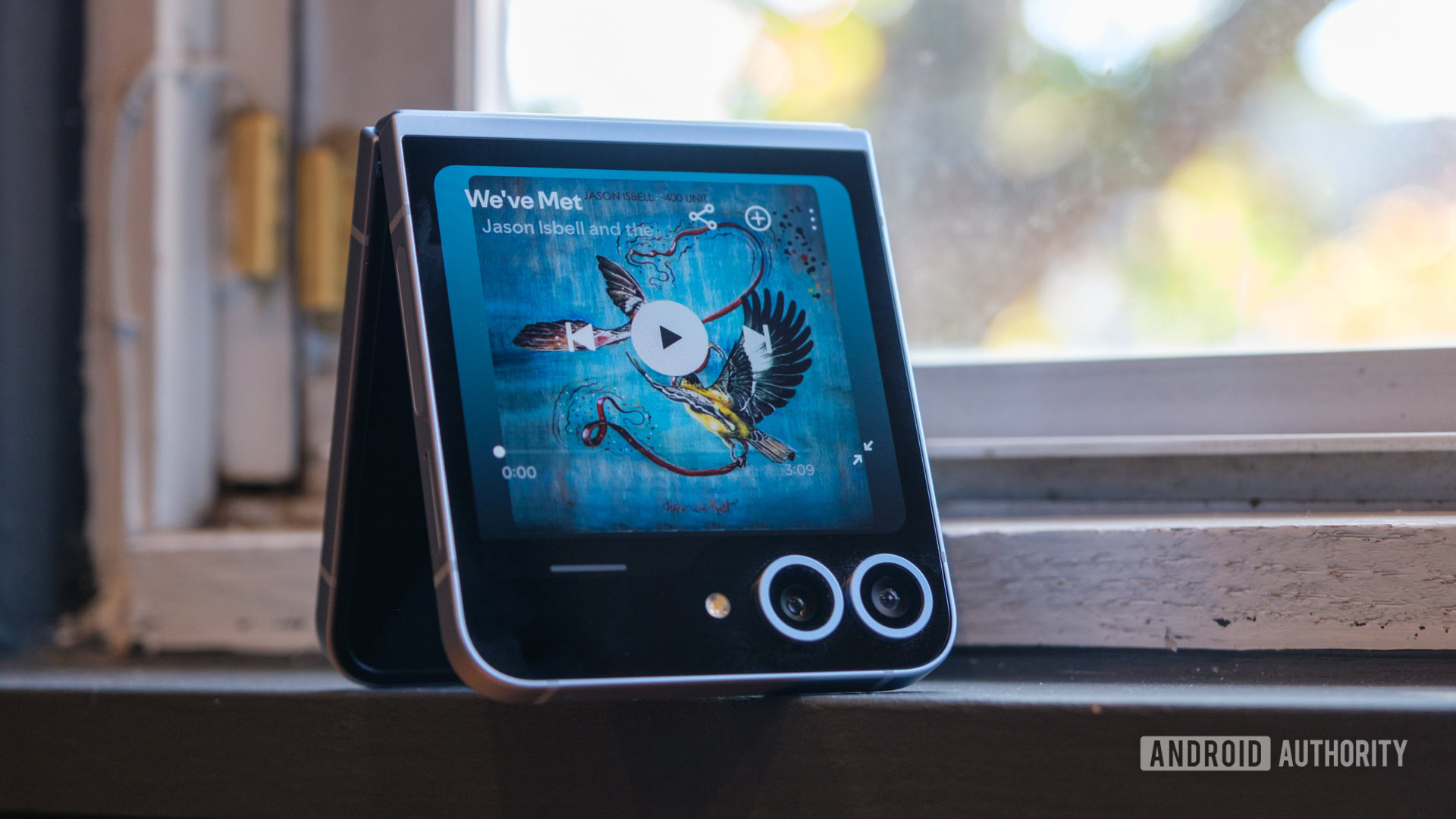
Most popular brands:
- Samsung: 17.61%
- Motorola: 17.42%
- Apple: 14.1%
- Xiaomi: 10.76%
- Transsion: 9.19%
The smartphone market in South America is quite different from the continents we have covered so far. While Samsung is the top dog in the region, Motorola comes in second. The brand is especially popular in Brazil, as you can see from the data below, which is one of the reasons why many Motorola phones launch in Brazil first before making it to other markets.
Apple comes in third, which is understandable since many people in the region buy affordable handsets rather than the premium ones Apple offers. The top five list also includes Xiaomi and Transsion, a company best known for its Tecno brand, which is focused on cheaper handsets.
Transsion has a higher market share in some South American countries than others and is doing pretty well in Venezuela, coming in second place.
- Brazil: Samsung (37.22%), Motorola (21.55%), Xiaomi (17.7%)
- Argentina: Samsung (47.59%), Motorola (26.46%), Apple (13.44%)
- Venezuela: Xiaomi (22.58%), Transsion (22.49%), Samsung (17.41%)
Africa
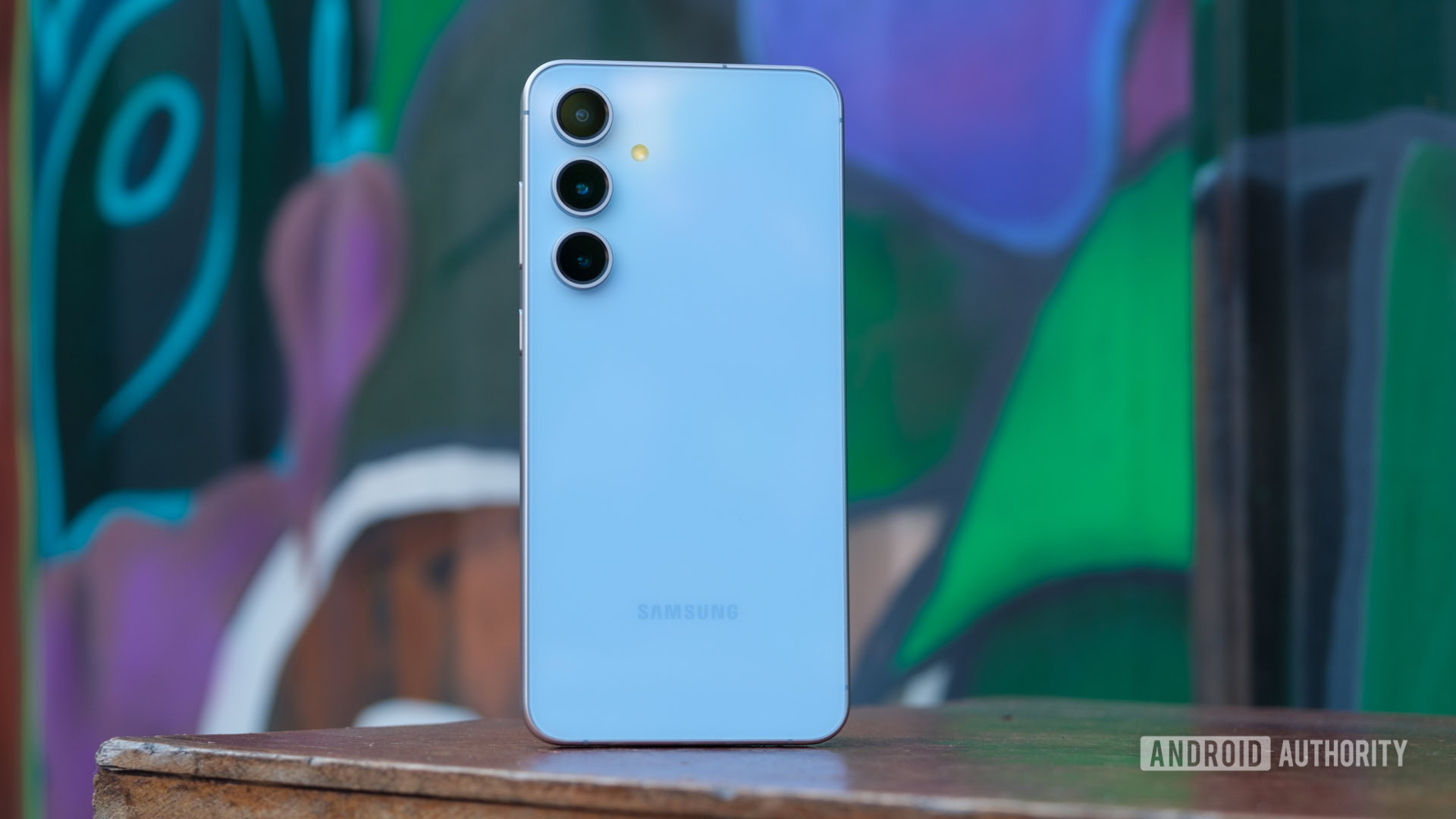
Most popular brands:
- Transsion: 51%
- Samsung: 19%
- Xiaomi: 12%
- Realme: 5%
- Oppo: 4%
According to Canalys, Transsion is the king of Africa, although an explanation is needed here. The company has multiple brands under its umbrella, with the most popular one being Tecno. Then there are also Itel and Infinix, both of which are popular. But even when broken down by brand, the company would still be number one since Tecno has a larger market share than Samsung, which is number two on the list.
Low-cost handsets are in high demand in Africa.
Transsion is known for its low-cost handsets, which are in high demand on the African continent. However, the standard of life and purchasing power differ vastly from country to country in the region, so the data for individual countries can vary quite a bit.
For example, Samsung is still king in certain countries like Morocco and Kenya, while Apple is in the top three in various countries, according to Statcounter.
- Morocco: Samsung (33.03%), Xiaomi (18.84%), Apple (18.27%)
- Nigeria: Transsion (47.70%), Samsung (11.96%), Apple (9.49%)
- Kenya: Samsung (26.31%), Transsion (25.11%), Oppo (8.6%)
Oceania
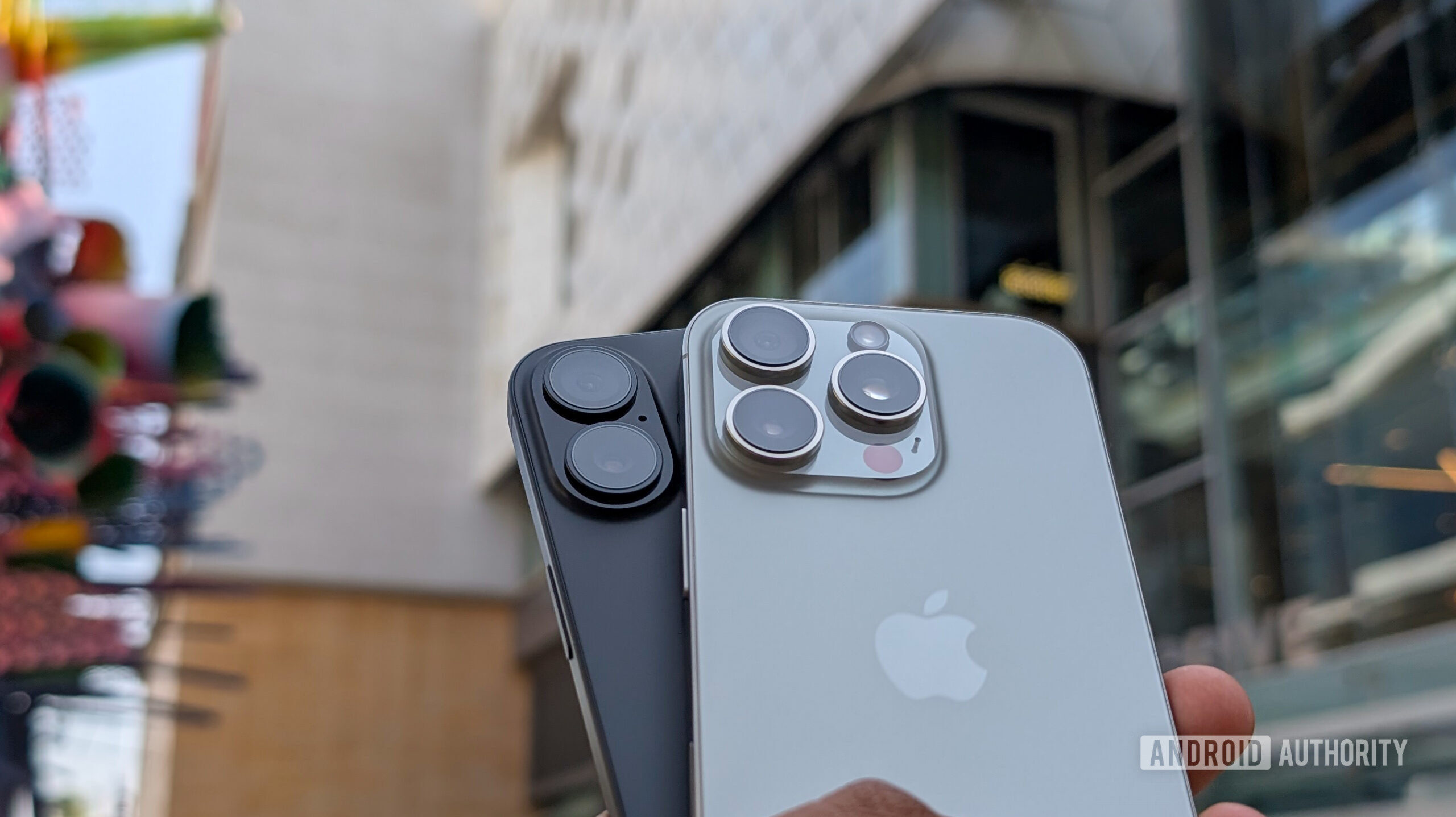
Most popular brands:
- Apple: 51%
- Samsung: 19%
- Google: 12%
- OPPO: 5%
- Xiaomi: 4%
Moving Down Under, Apple takes the top spot with an impressive market share. Samsung is number two but is far behind its biggest rival, while Google sits at number three, according to Statcounter.
We’re back at the same conclusion we’ve made a few times: The higher the standard of living in a region, the more people tend to buy expensive phones like iPhones. Apple has an even higher market share in Australia than it does throughout the region with 56%.
Data shows that in New Zealand, one of the largest countries in the region, the list of the top three is exactly the same, but the market shares are quite a bit different, as you can see below.
- Australia: Apple (56.68%), Samsung (26.33%), Google (7.44%)
- New Zealand: Apple (38.79%%), Samsung (31.82%), Google (19.18%)
Most of the data for this post was provided by Statcounter, although I used numerous other sources to gather and compare information, including Canalys. Keep in mind that some market research companies have different ways of collecting data, which is why their research on the same topic sometimes differs.
Thank you for being part of our community. Read our Comment Policy before posting.